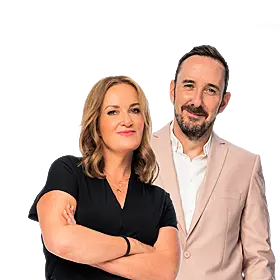Three G4S security guards killed a man they were deporting from Britain by using excessive force while restraining him, the Old Bailey court in London has heard.
Jimmy Mubenga died after being pinned to his seat aboard a British Airways plane bound for Angola, the court was told.
Passengers heard him repeatedly shouting that he couldn't breathe and "they're killing me", it is alleged.
Three rows of identical aircraft seating have been installed in the courtroom to demonstrate to the jury how the deportee had been restrained.
Terry Hughes, Colin Kaler and Stuart Tribelnig deny two counts of manslaughter, through excessive use of force and gross negligence.
The three men had been employed by the private security firm G4S as Detainee Custody Officers, the court was told.
They were escorting Mr Mubenga to Angola on 12 October 2010, but the plane never took off.
A medical emergency was declared while the plane was taxiing, and despite efforts to revive him on the plane, and in hospital, Mr Mubenga died.
Opening the prosecution's case, Mark Dennis QC said that Mr Mubenga, 46, was in a fit and healthy state when he boarded the aircraft, and was initially co-operative.
But a scuffle broke out once he was on board, and the three guards handcuffed him with his arms behind his back, and his seat belt round his waist.
He was then pushed forward into the seat in front, which restricted his ability to breathe, it was alleged.
Mr Dennis said one witness recalled how Mr Mubenga said "What are you doing?" and "You're killing me".
One of the defendants responded "Stop struggling, we'll let you up when we're airborne", and "If you can't breathe how can you talk?"
The restraint lasted around 15 minutes and Mr Mubenga gradually fell silent.
The QC told the jury: "Even then, when Mubenga was seated motionless and simply staring open-eyed ahead of him, the officers would appear to have disregarded their duty of care and to have preferred to assume that Mubenga was simply feigning his condition."
He said the three men were paid by G4S for every hour of work completed.
They would not have been paid in full if the plane had not taken off for the 26-hour round trip, Mr Dennis said.
The trial is due to last around three months.









